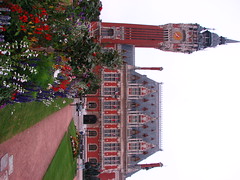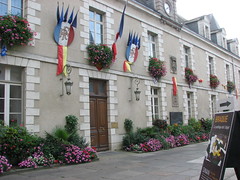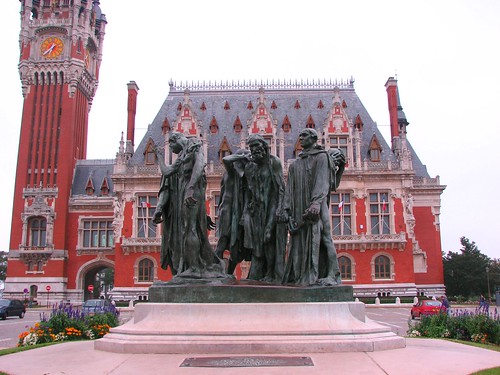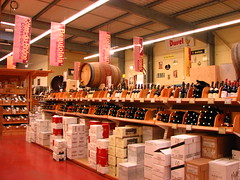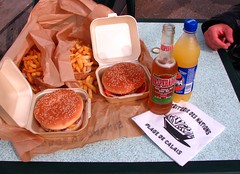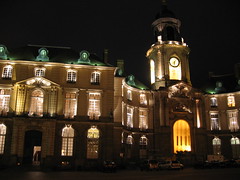London pigeon wars
Mayor of London, Ken Livingstone, is known for being outspoken. Never less than when speaking about pigeons. "Rats with wings," he calls them. Writing in a personal capacity only, I am inclined to agree.
But in an effort to rid Trafalgar Square of the winged-rats, Ken has tried to find a natural compromise. He has brought in a pair of Harris hawks to menace the pigeon population and get them to move along to greener squares.
...a pair of Harris hawks who alternately hover above the square, exuding menace and bad intent. New figures released to London's Liberal Democrats reveal that the mayor's mercenary hawks have killed 121 pigeons since 2003, far exceeding their remit which is merely to scare pigeons away.The Lib Dems are questioning whether the hawks are really value for money, since they've only killed 121 birds and scared away more than a 1000, but have left a hard core of about 1000 really tough pigeons.
But value for money isn't the only flack Mayor Livingstone is taking in the pigeon debate. No - he's got a whole slew of opposition from an umbrella group call the Pigeon Alliance.
Julia Fletcher, of the Pigeon Action Group, called the loss of pigeons "the greatest wildlife cruelty catastrophe that London has ever known". She added: "The mayor is using these hawks as a kind of bloodsport. The birds will not go away. They are committed to being in the square.
The pigeons are committed to staying in the square? Really? I know no one's asked them, but I guess they've voted with their wings.
See a picture of the pigeons in Trafalgar Square in the "good old days".
Back to main page

